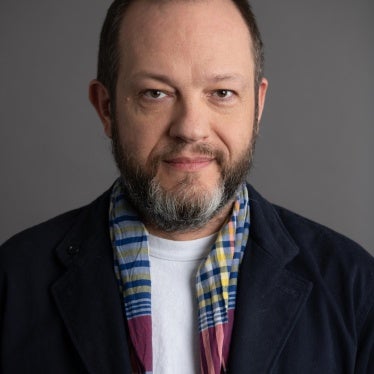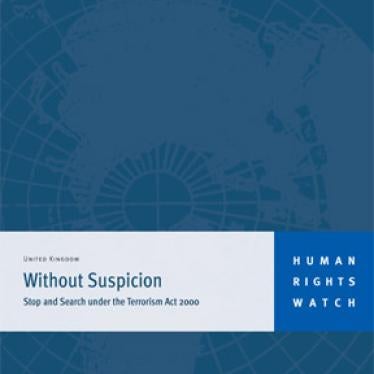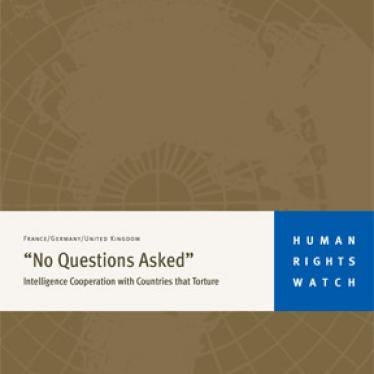When faced with a crisis, governments often look first to fix the blame before fixing the problem. That reflex has been in full view this week as the prime minister, David Cameron, responded to Britain's worst riots in decades by blaming human rights.
In a major speech on Monday, he said the causes of the riots included what he termed the "twisting and misrepresenting of human rights in a way that has undermined personal responsibility". But he failed to provide a single example to back up such a sweeping indictment.
On Tuesday, the Ministry of Justice called on public bodies to review how they apply human rights law to avoid outcomes that Cameron said "fly in the face of common sense, offend our sense of right and wrong, and undermine responsibility".
The truth is that human rights law imposes a duty on the state to protect the public from the kind of violence witnessed in London and elsewhere, and it sanctions criminal punishment – including prison or fines following a fair trial – for those who break the law. The framers of the European convention on human rights, who included Churchill, were no milquetoasts.
What Cameron and other government ministers before him who renounce the "perversion" of human rights really seem to object to is judges making decisions that the government dislikes. Witness the attacks on "unelected" British judges and the European court of human rights over rulings on torture, immigration, prisoner voting and a host of other political hot potatoes.
Strip away the high rhetoric from these attacks and they amount to a rejection of government being subject to the rule of law along with everyone else, and the fact that in a system with checks and balances the executive doesn't always get its way.
Cameron's speech on Monday laid out a two-pronged "fightback" on human rights. Both of his notions predate the riots: first, that the UK should establish its own bill of rights, and second, that the powers of the European court of human rights should be watered down.
The current debate about a British bill of rights is at best a red herring, and at worst does serious damage to the "real" human rights culture Cameron says he stands up for. The UK already has a bill of rights. It's called the Human Rights Act.
If local authorities or government departments sometimes misunderstand the scope of the act, the answer is better training so that they understand how it should be applied, not tearing it up and starting again.
The real motivation of the government's promotion of the British bill of rights appears to be to provide it with political cover for disagreeable court rulings. This was made clear in February, when the Home Office responded to an unpopular supreme court ruling about the sex offenders register with a news release with the irrelevant headline "British bill of rights planned". The news release implicitly blamed the Human Rights Act for the ruling, and wrongly suggested that a bill of rights would produce a different conclusion.
The government's other mantra is to rein in the European court of human rights.
The court's newly elected British president, Sir Nicolas Bratza, is acutely aware of the need for reform to address its many challenges. Key among them is the huge backlog of cases, in part because many governments in Europe persistently refuse to implement its judgments. Britain's public snubbing of the court emboldens Moscow, Ankara and other governments who would prefer to ignore its rulings.
The answer to these problems is not to weaken its powers, as the UK is proposing, but to streamline decision-making and – above all – to get governments to tackle the systemic human rights problems the court identifies in its rulings.
Scapegoating human rights, judges and the European court may be effective politics in the eyes of some in government, but it corrodes respect for human rights and the rule of law. That is surely not the outcome the prime minister wants.









